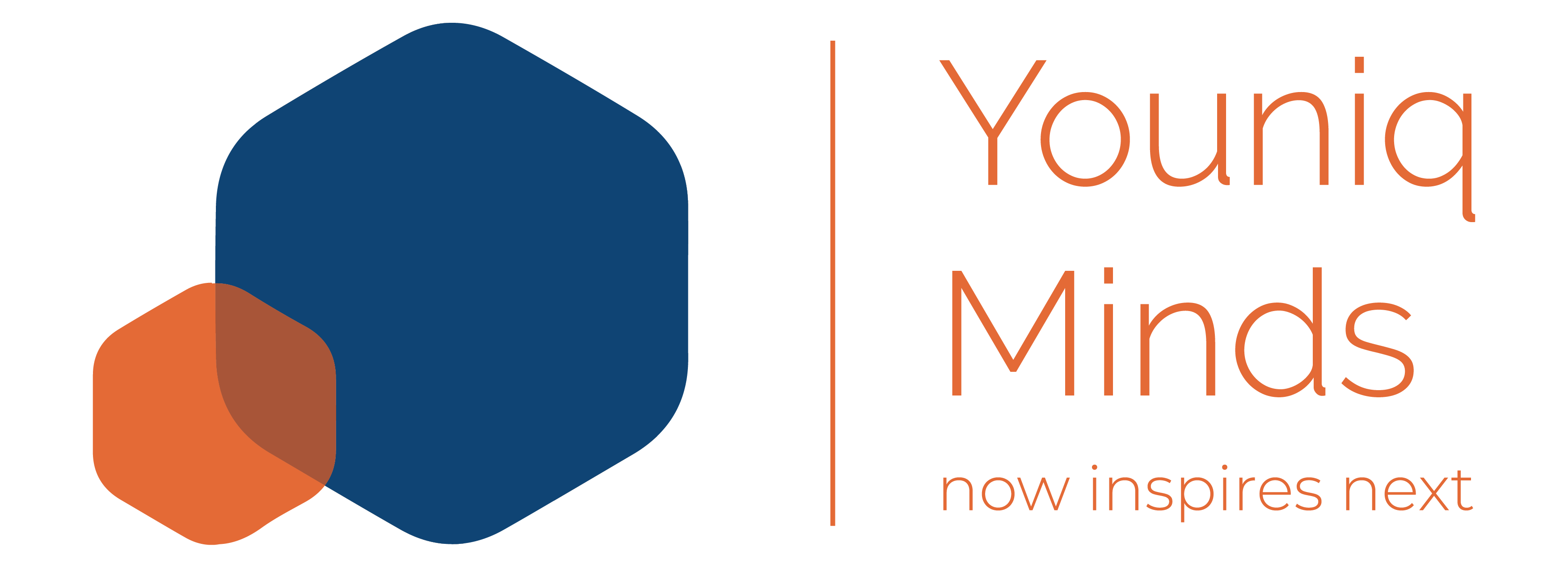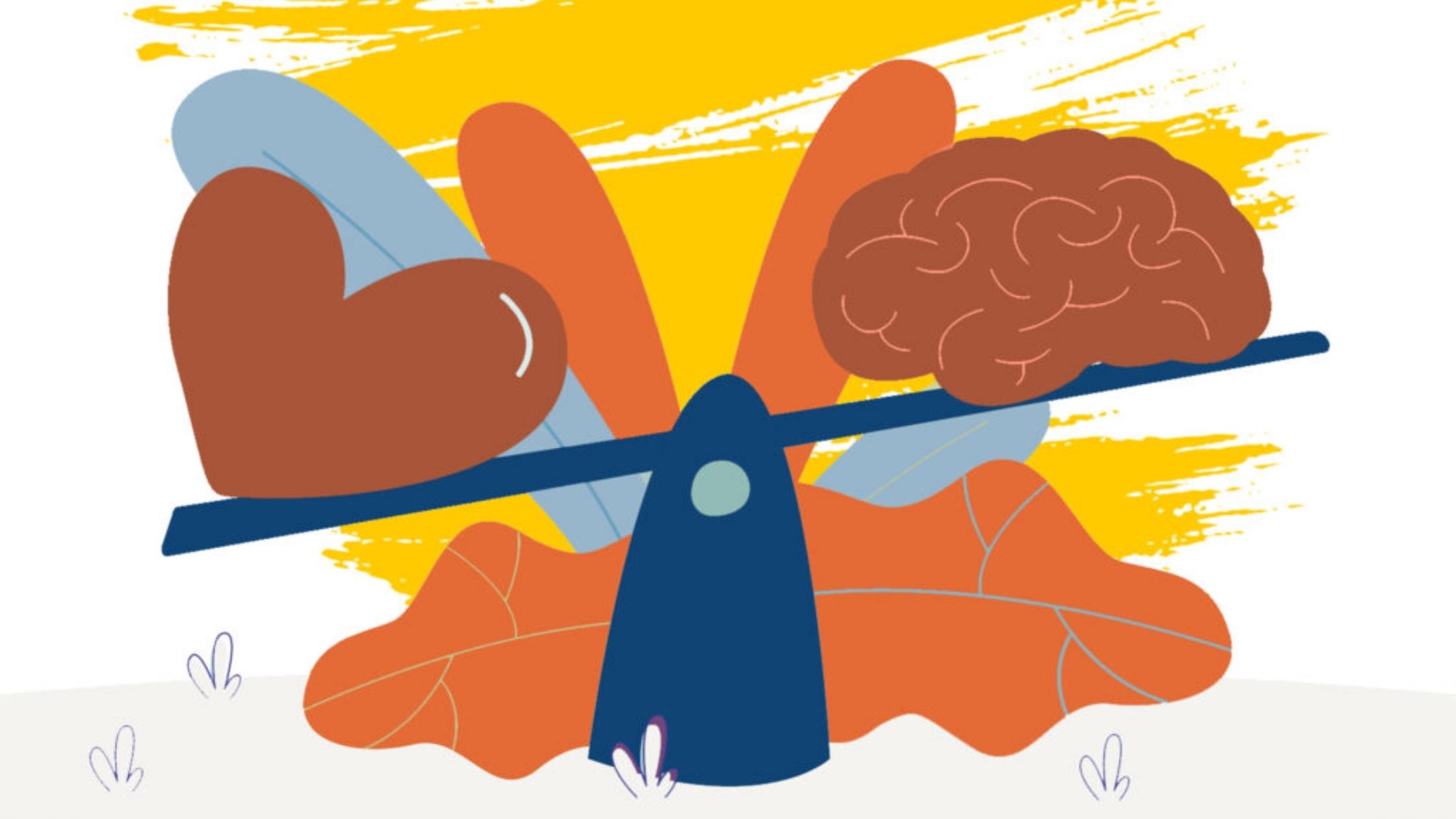“Let’s not forget that the little emotions are the great captains of our lives, and we obey them without realizing it.”
– by Vincent van Gogh.
In today’s time, workplaces need people who are masters at managing their emotions. This becomes vital when people move into managerial roles and shift their focus to deliver tasks with the help of the team. Top performers are often seen to possess high emotional intelligence and not just the capability to deliver the task.
Emotions define the range of possible behavior of a person. To become emotionally intelligent, we need to recognize and understand our own reactions to situations. This gives us the ability to recognize, understand, and appreciate the emotions of others. To master these emotions, or to be able to better manage them, we have to master ourselves.
If you wish to be emotionally intelligent, first you must have the courage to accept yourself as you are. In this blog, I would like to share four innate skills we all possess. By practicing these, you will unearth the treasures that are already within you.
The first among these skills is our ability to take cognizance of things or situations that trigger emotions. This is called self-awareness. It is important to pay attention to our impulses and our responses to them, be it automatic or mapped out. Paying attention to our behavior (and its causes) gives us an opportunity to reflect upon it. Through reflection and conscious effort one can practice the art of deliberated responses. There was a time in my life when I would automatically respond with a “yes” to everything in office, only to realize that a “no” or “maybe” would have worked to my benefit. Reflection helped me attribute this behavior to my fear of appearing incapable or displeasing others.
Have you ever judged your emotions? Have you ever felt “negative” emotions such as anxiety, anger, or sadness only to berate yourself for succumbing to such “weakness?”. This reaction does little to alleviate the upheaval caused by these emotions.
It is critical to realize that emotions cannot be classified as good or bad.
Thus, the second skill is to accept emotions without judgement. This is called self-acceptance. It is impossible to predict and prevent which emotion will get triggered in any given situation. Therefore, the next step to enhance emotional intelligence is linked to our ability to accept that emotion. In my case, fear was the underlying emotion. There were times when I questioned my emotion and was troubled by it. It became a second nature for me to accept my emotions when I realized that the root of every emotion is a thought. This was a huge win for me as I started analyzing my thoughts instead of emotions. Thoughts can be inaccurate, unfounded, or destructive. So, my task was to challenge my thoughts or to get more input to validate my assumptions before responding. I started asking questions like “How urgent is this for you?”, “Can it wait?” “What makes me the ideal person for this specific job?”, “Can it be delegated to someone else?” and so on. This method of contemplation teaches us to deal with our emotions rather than suppressing them.
The third skill is activating our ability to regulate emotions or maintain awareness while we are in a tough situation. This is called Self – Regulation. Emotions can be helpful, but unbridled emotion may bring harm. To have better control on emotions and give direction to the emotional energy, we need to learn about our impulses. Impulses make emotion go out of our control. Controlling an impulse is a multi-step process. We must isolate the root cause of the emotion and acknowledge our immediate reaction (impulse) to it. We then need to discern whether this impulse is interfering with our ability to react appropriately.
Emotions are great servants but terrible masters!
The fourth innate skill is to express emotions appropriately by articulating the story behind the emotion. This is called Self-Expression. When feelings are acknowledged and expressed appropriately, they help in fostering healthy relationships, resolving situations and moving forward. Most of us do not express emotions because we are unaware how to do it or perhaps, we have had painful experience while expressing it. The formula to express emotions appropriately is – I feel this because I think that. This formula allows us to express without judgement and without labelling others. It creates a safe space for others to share and discuss.
When we learn to master our emotions, we bring peace and self-control. This helps us to take our attention away from managing self to observing others and responding in a way that will give us the desired results. We can make valid inferences about others’ feelings based on these observable emotional clues – physical and behavioral. Stepping in someone else’s shoes provides insight into their thoughts and feelings. You can even ask questions to verify them by saying something like “I am wondering how you’re feeling about our conversation”. The insight gained will help us understand the story behind the emotion and take appropriate action to address it.
When our emotional circuits are strong, they can withstand high charges. When they are weak, intense emotions will blow our fuses and disable our conscious mind. Our behavior will then get highjacked by your emotions.
In order to become an Emotionally Intelligent person, try and be someone who:
- Has a greater ability to manage one’s own emotions and tolerate others’ emotions
- Is seen as someone who can make people more comfortable and give them safe space to open up during discussions
- Comes across as authentic person having ability to express emotions and able to empathize with others
- Is able to cope up with the demands of the emotionally charged environment
So, start with yourself to uncover your greatness. Dig for the treasures within! And then, share your experience.
PS: My favorite one is “taking a conscious breath to reengage awareness and choice”.

